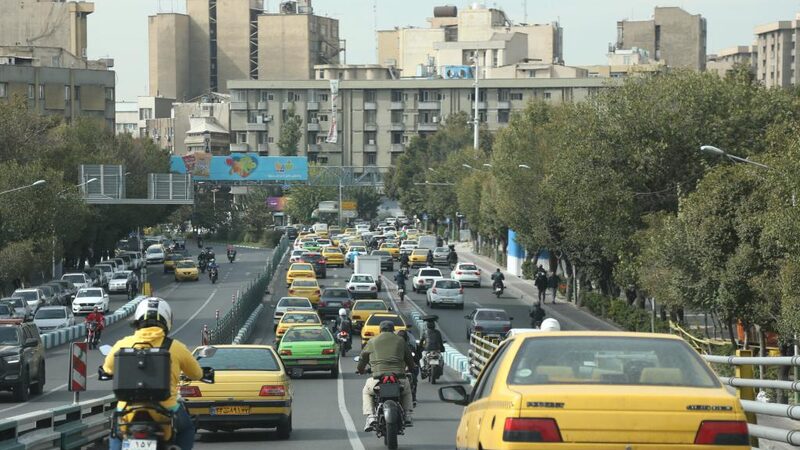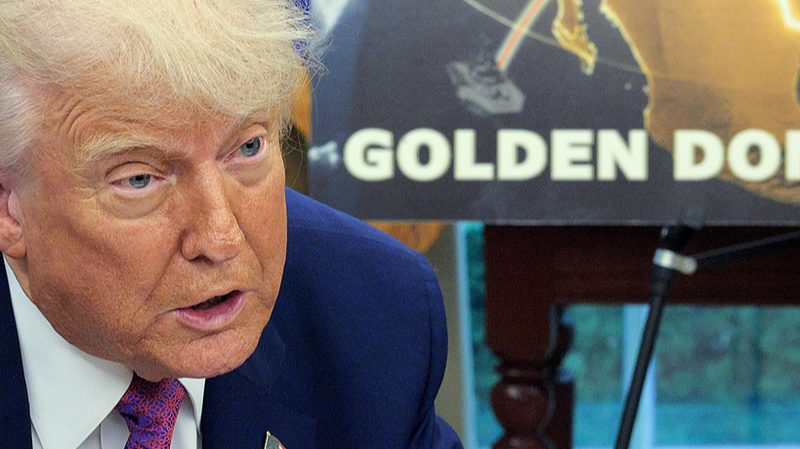The fragile balance between Israel and Iran remains a focal point of regional stability. Recent developments reveal Israel's measured approach to military retaliation following Iran's missile attack on October 1. Despite strong domestic pressure for swift action, the operation has been postponed, leading to public dissatisfaction.
Prime Minister Benjamin Netanyahu has announced that the retaliation will occur before the upcoming U.S. presidential election, setting a clear timeline for the military response. This delay is influenced by multiple factors, including the need to assess the potential intensity of an Iranian counterattack. The effectiveness of Israel's multi-layered air defense system was called into question after the recent missile assault, highlighting the challenges in intercepting incoming threats.
Both Israel and Iran are cautious about escalating the conflict further. Local media outlets in Israel have portrayed the retaliatory actions as a significant victory, while Iranian media claims minimal losses, each side aiming to satisfy domestic audiences without intensifying the conflict. Regional countries and the U.S. have expressed a desire to de-escalate tensions, emphasizing the importance of avoiding prolonged military confrontations.
As the situation develops, the international community watches closely, hoping for a resolution that maintains stability in the region and prevents further escalation.
Reference(s):
cgtn.com




